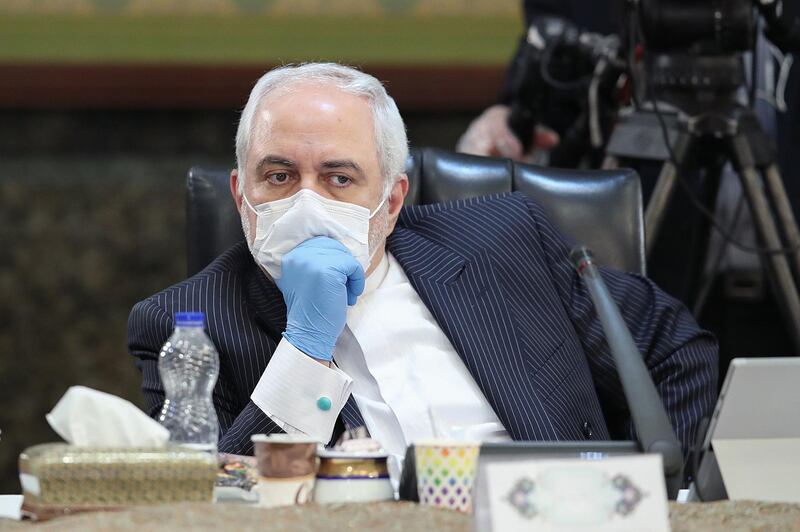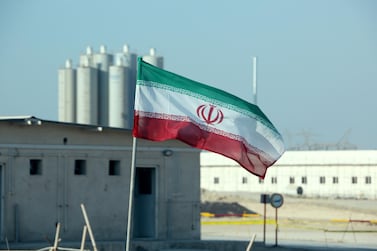Seizing on Donald Trump’s conciliatory tone after Tehran released an American Navy veteran, Iran’s foreign minister challenged the US president on Friday to return to the nuclear deal that Washington abandoned two years ago.
Iran freed Michael White on Thursday as part of a deal in which the United States allowed Iranian-American physician Majid Taheri to visit Iran.
Mr Trump tweeted on Thursday of White’s release: “Thank you to Iran, it shows a deal is possible!”
Iranian Foreign Minister Mohammad Javad Zarif, addressing Mr Trump, said on Twitter, “We achieved humanitarian swap despite your subordinates’ efforts”.
“We had a deal when you entered office. ... Your advisors -most fired by now - made a dumb bet. Up to you to decide when you want to fix it.”
Mr Trump pulled out in 2018 of the nuclear deal with major powers, under which Tehran curbed its nuclear work in return for the lifting of many international sanctions on Iran. Since quitting the agreement, Washington has reimposed sanctions to throttle Iran’s oil exports as part of a policy of “maximum pressure”.
Thursday’s prisoner swap was a rare instance of US-Iranian cooperation. Also on Friday, Iranian Foreign Ministry spokesman Abbas Mousavi confirmed that Mr Zarif met Bill Richardson, a former US envoy to the United Nations, “months ago” over prisoner releases.
“We have always responded positively to humanitarian efforts that would lead to the release of Iranian hostages in the United States and elsewhere,” Mr Mousavi told the official IRNA news agency.
But a top Iranian security official denied that negotiations with Washington had led to the prisoner swap.
“The exchange of prisoners is not the result of negotiations & no talks will happen in future,” Ali Shamkhani, secretary of the country’s top national security body, said on Twitter. He did not elaborate on how the swap had been arranged.






